Zetia Product Description
Zetia (ezetimibe) is a modern lipid-lowering medication used to reduce elevated blood cholesterol levels, especially low-density lipoprotein (LDL), also known as “bad” cholesterol. It works by selectively inhibiting the absorption of cholesterol in the small intestine, which helps lower the overall amount of cholesterol entering the bloodstream. Unlike statins that act in the liver, Zetia targets the digestive tract, making it a complementary option for patients who require additional cholesterol control. Its unique mechanism allows it to be used alone or alongside other therapies for enhanced lipid management, especially in individuals with inherited or treatment-resistant dyslipidemia.
Drug Uses
Zetia is effective in managing a range of lipid disorders, including primary hyperlipidemia, homozygous sitosterolemia, and homozygous familial hypercholesterolemia (FH). It may be prescribed as a standalone therapy or combined with statins for a more comprehensive lipid-lowering strategy. In severe cases, it can also be used alongside LDL apheresis—a non-surgical procedure that physically removes cholesterol from the blood. The standard dosage is one 10 mg tablet per day, which can be taken with or without food. In elderly patients and those with mild kidney disease, dosage adjustments may be required to ensure optimal safety and efficacy.
Missed Dose
Zetia should be taken at the same time each day to maintain consistent levels in the bloodstream. If a dose is missed, it can be taken later the same day, but two doses should never be taken at once to make up for a missed one. Adhering to a regular dosing schedule enhances the drug’s effectiveness in cholesterol control and minimizes potential fluctuations in lipid levels.
More Information
When used in combination with statins such as rosuvastatin or simvastatin, Zetia can provide enhanced lipid-lowering effects by targeting cholesterol production in the liver and absorption in the intestine simultaneously. Each combination therapy requires individual adjustment of both Zetia and accompanying medications to achieve the desired lipid profile safely. In some cases, Zetia may also be combined with bile acid sequestrants as part of a comprehensive lipid management plan tailored by a healthcare provider.
Storage
Zetia tablets should be stored in a cool, dry place at a temperature not exceeding 30°C (86°F). To protect them from moisture and maintain their integrity, keep the tablets in their original blister pack or tightly sealed bottle. Avoid exposure to direct sunlight or humid environments, as this may compromise the stability of the medication.
Zetia Safety Information
Warnings
In rare cases, Zetia may contribute to muscle-related side effects such as myopathy or muscle weakness, especially in elderly patients or those taking high-dose statins concurrently. Individuals with severe renal conditions or endocrine disorders may also be at greater risk for these complications. It is important to report any unexplained muscle pain, tenderness, or weakness to a healthcare provider promptly for further evaluation.
Disclaimer
The information presented about Zetia is intended for general educational purposes and should not replace professional medical advice. Patients should always consult their healthcare provider before starting, stopping, or modifying any lipid-lowering therapy. The online pharmacy does not accept liability for any decisions made based on this information without appropriate medical consultation.
Zetia Side Effects
Most patients tolerate Zetia well, with side effects typically being mild and short-lived. Muscle pain occurs in fewer than 3% of individuals using the standard 10 mg dose. Some patients may experience general aches such as joint pain, back pain, or headache. Gastrointestinal symptoms like flatulence, diarrhea, and abdominal discomfort have also been reported. When Zetia is taken in combination with statins, upper respiratory tract infections and cold-like symptoms may occur more frequently. In contrast, those using Zetia as monotherapy tend to report transient joint discomfort more commonly than those on combination regimens.

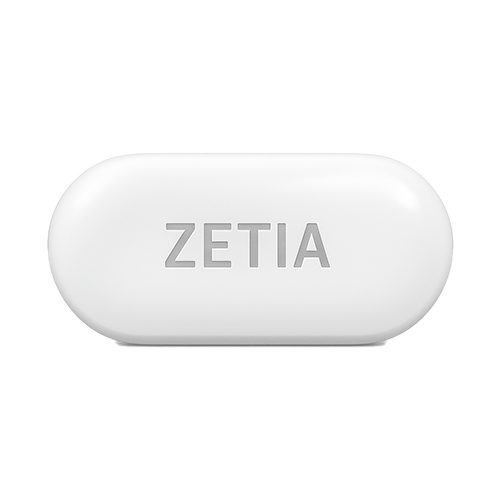

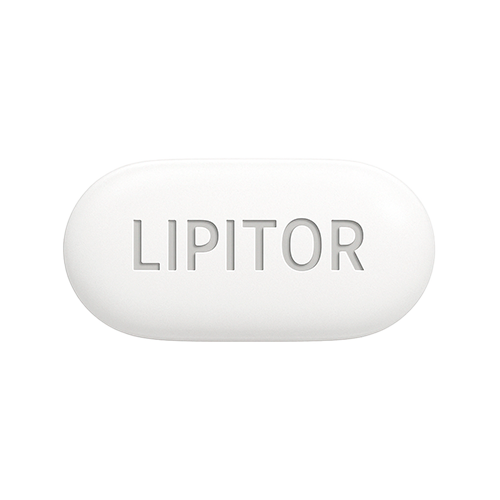
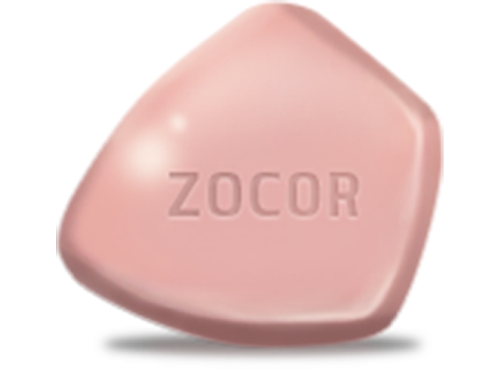
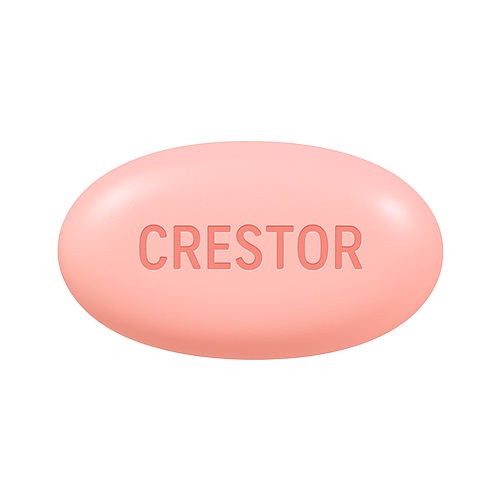


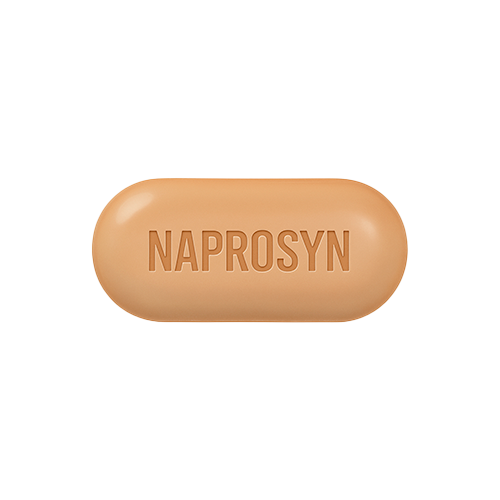
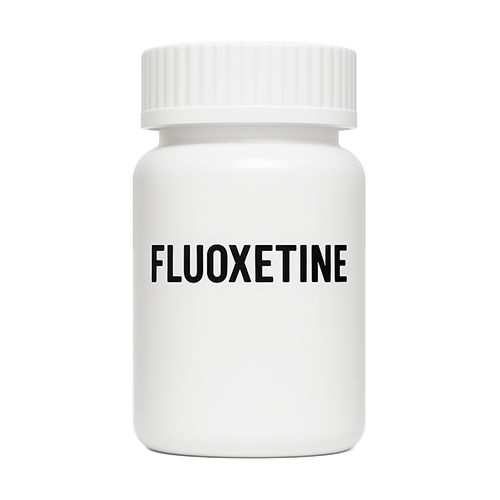
Reviews
There are no reviews yet.